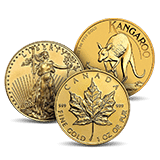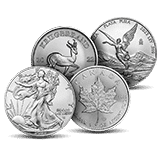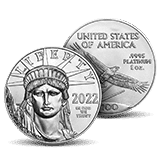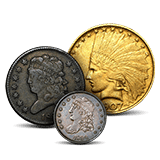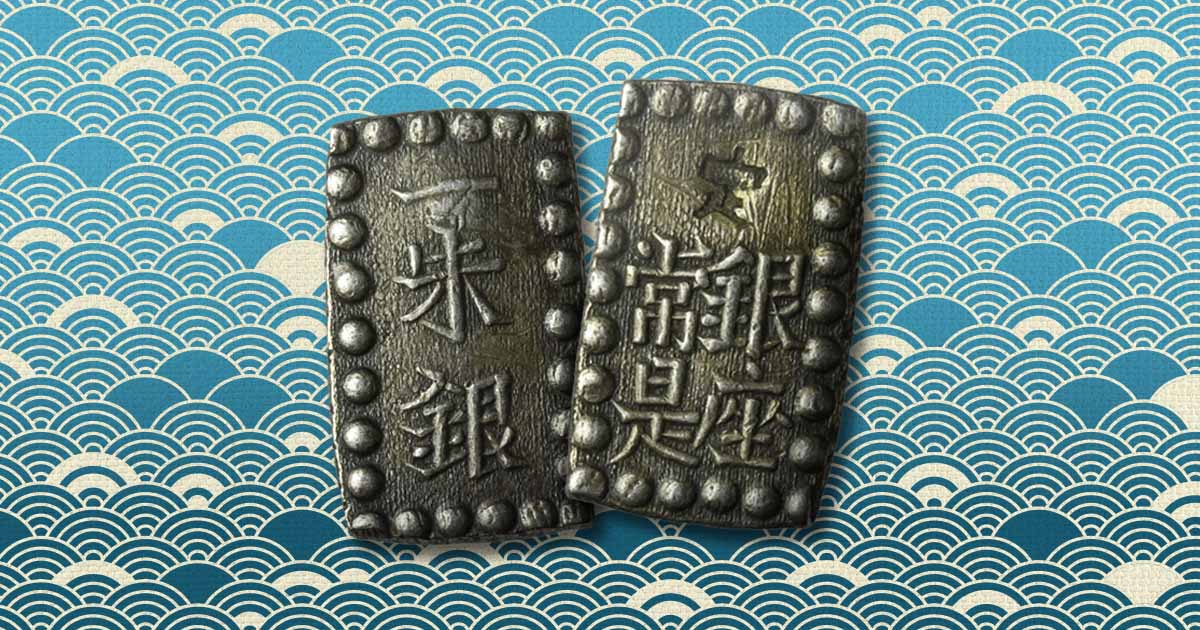
What is the Best Way to Sell Japanese Coins in the US?
Ready to sell your Japanese coin collection? Maybe you traveled extensively and collected more than you intended to, or you were gifted a sizeable Japanese coin collection.
Either way, they’re cluttering your shelves, and you are ready to liquidate them. How do you sell them and maximize your profits?
How Much are My Japanese Yen Coins Worth?
Before selling these coins, research their condition and value. Do some market research to determine the average buying price of similar coins from different buyers.
Are there some coins in your collection that seem common? If they are not worth more than their face value, consider services that exchange Japanese yen coins for your legal tender. Many of these services will be online and accept both current and withdrawn yen coins and banknotes.
Where Can I Sell My Japanese Coins?
Depending on the type and the value of your Japanese coins, there are several selling options worth the time.
Local Coin Shops
If time is of the essence and you would trade convenience for a few percentage points of profit, contact local coin shops and inquire about their interest in your collection. This is a good option to quickly sell your coins, but you may not get the best price, since the shop will want to sell them for a profit.
Online Marketplaces
If you have the time and enjoy figuring out the value of your coins, you may want to try consumer-to-consumer marketplaces like eBay. This will be a comparatively lengthy process, and you will have selling costs, but you may gain greater value.
This is an especially good option if you have coins with a numismatic value that exceeds face value.
APMEX buys rare coins, semi-numismatics, and numismatics.
Auction Houses
If you’ve read this article, are even more confused, and just want to be rid of your coins, you can consign them to an auction house like Heritage Auctions. This is a great idea if you have a large collection of valuable coins but lack the time, patience, or know-how to sell them one by one.
Auctions will incur a seller’s fee, which may be 15% of the auction value. This will also require a minimum consignment value of $5,000-10,000.
What if My Japanese Coins Have Numismatic Value?
Numismatic value is dependent on factors like condition, relative scarcity, historic significance, and demand. Some examples of Japanese coins with very high numismatic value:
- The 1870 Meiji era gold coins like the 2 yen and 20 yen are scarce and in high demand from collectors. An 1897 20 yen coin in MS-64 condition sold for $156,000 in 2021.
- Japanese cash coins are ancient bronze or iron coins with square holes in the center. These were in use from the 8th to 19th centuries in Japan. Like U.S. coins, there are numerous types and varieties of cash coins. Depending on the rarity and condition, these could be worth hundreds or even thousands of dollars.
- Pattern coins from the Showa era, circa 1936, like the 1 sen and 5 sen coins were not issued for circulation. These feature different designs from the circulating coins of the same time. An eight-piece set in SP-66 condition or better sold for $1,560,000 in 2021.
Final Thoughts on Selling Japanese Coins
These are just a few examples of the highest ranges of value that select Japanese coins can sell for. Your results may vary. If you suspect your coins are this valuable, it is wise to employ a numismatist to assist you in identifying, grading, and selling yours.
If you sell many of these internationally, it is good to remember the need to declare values of $10,000 or more when they leave the country.

